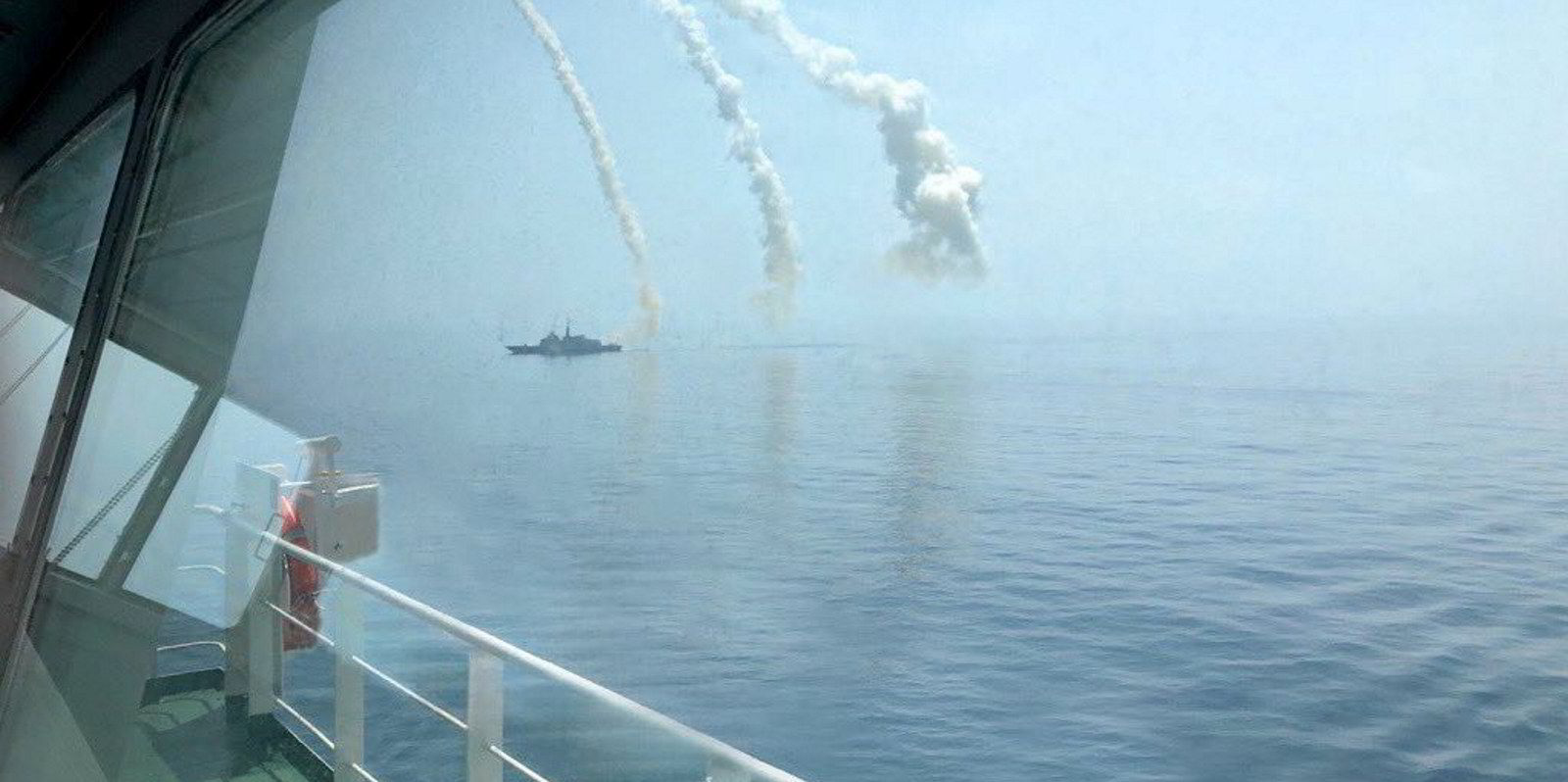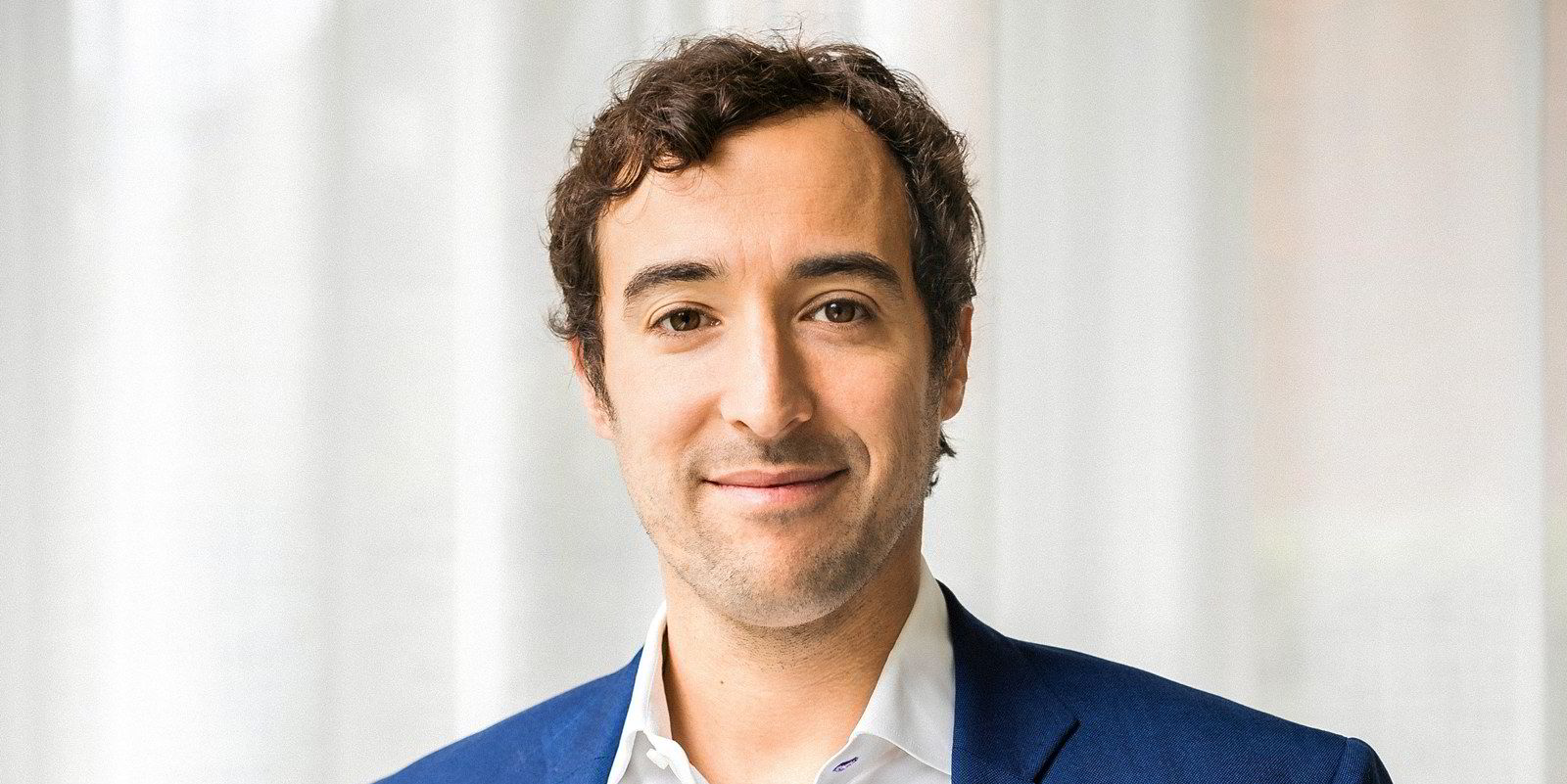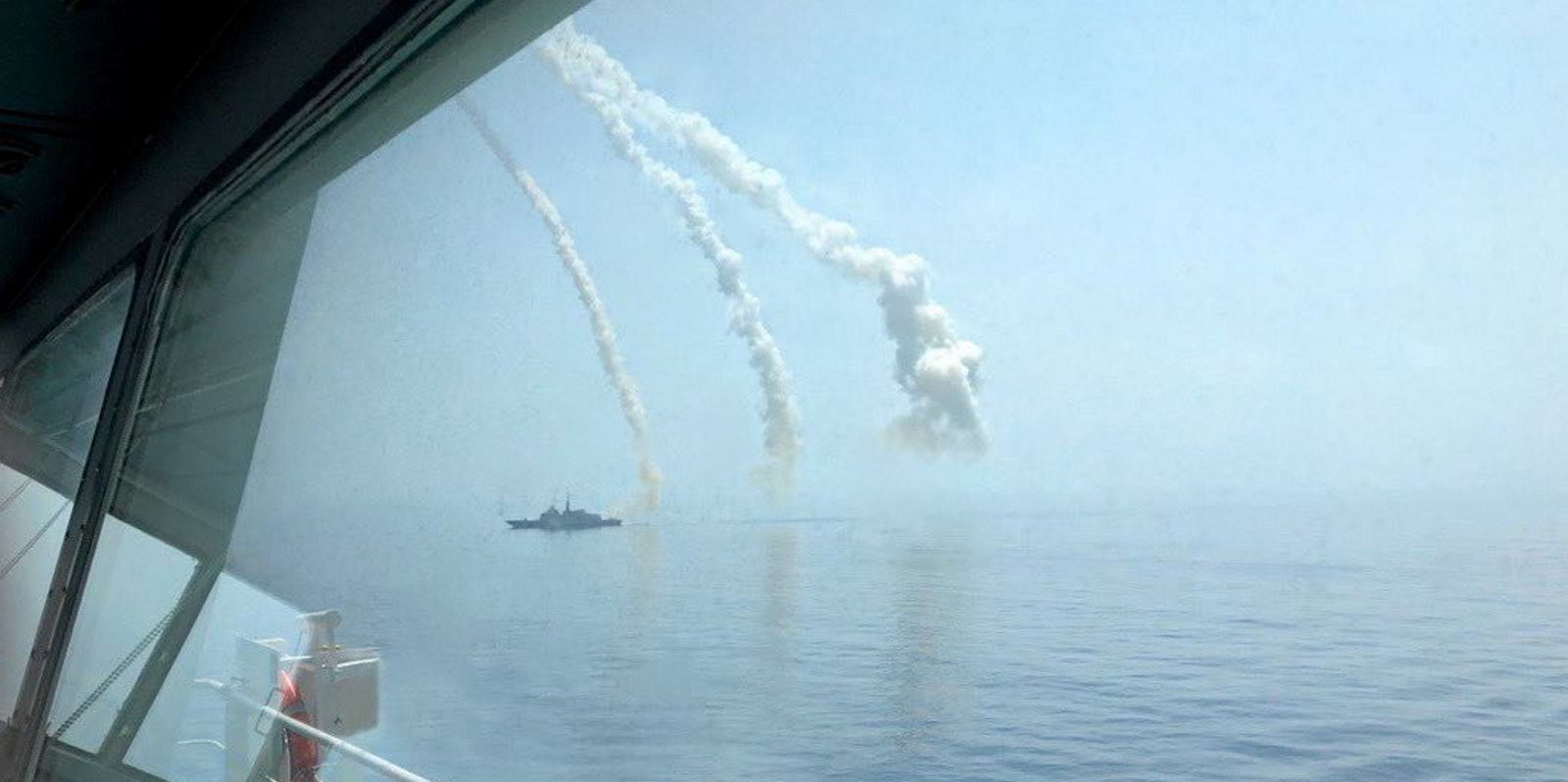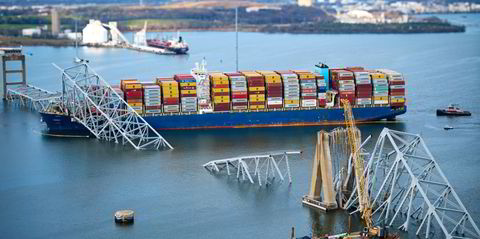Clinical psychologist Charles Watkins has first-hand experience of the devastating toll Houthi attacks in the Red Sea are having on crew members.
Aside from any physical injuries, the chief executive of Mental Health Support Solutions told TradeWinds of symptoms reminiscent of shell-shocked soldiers in the trenches in World War 1.
Watkins has recently returned from a visit to an unnamed container ship that came under fire while transiting the Red Sea.
He said the vessel was being escorted by a military craft when two missiles were launched at it from Yemen, narrowly missing port and starboard.
“The crew were able to feel the shock waves and of course heard the explosions. Some of them even had visual contact,” Watkins said.
“But the escort vessel unfortunately didn’t help them. It left right before it happened,” he added.
Watkins spent time on board talking to the 21 seafarers.
“The company asked me to fly out because they had an initial meeting with the crew, and the crew superintendents and the designated person that went to the ship before me felt they could need some clinical evaluation and support after this,” he said.
One seafarer asked if it was OK for him to approach the captain about leaving the ship.
“I said yes, of course it’s OK. So he needed that extra step,” Watkins explained.
Dangerous symptoms

Seafarers may encounter involuntary muscle contractions and twitches, often occurring in the upper body and face regions. They might exhibit symptoms including jitters, being easily startled, heightened nervousness and difficulty sleeping.
Symptoms of dysfunction are dangerous on a vessel, Watkins explained.
He added that crew members sometimes need care and to return home, and should not be worried about these requests affecting their company appraisals.
Watkins believes patience and time are needed for recovery, aided by returning to a routine away from the dangerous area.
“If these things happen again, which they most likely will, companies can reach out to us. We do pro bono work in this area because we think it’s important to support seafarers and we’re happy to help,” Watkins said.
“A lot of times most of them are OK, but for the few that aren’t, it’s important they have access to help. That they have support,” he added.
Unwilling to return
Watkins said many other seafarers on board were anxious about a possible return to the region.
Many wanted to sign off if this was a possibility.
“They said, I’m not going to go through there again. It was a close call as it is,” Watkins said.
“During the event, almost all were asked to leave their positions and go to the secure area of the ship to wait there until the captain gave the all clear,” he said.
“Some of them were very angry about the incident. That’s also very normal. They blamed the company. They blamed the escort vessel. They blamed other parties, but some were done with shipping altogether because of that,” Watkins added.
“They were people of faith. They said it’s a sign from God that I need to stop being a seafarer.”
The crew members knew something could happen during the passage.
But they felt relatively safe with the escort vessel and kept doing their jobs in the hope everything would be OK.
“It’s a very unpleasant feeling. It’s this continuous anxiety that goes with it,” Watkins said.
“They have no means of defence. It’s just a commercial vessel. I mean, if the rocket strikes, then they just hope it’s not the part where they’re working or a vital part,” he added.
Watkins said talking about these experiences was important.
Normalisation of response
“I know they appreciated me being there because I asked them — is this good for you? Or is this just a waste of your time? And they said, no, it’s good to talk about this,” Watkins said.
“It’s very helpful to educate people about what they can expect from something like this — delayed symptoms, how long do these symptoms usually last, what is normal? What type of night terrors or nightmares are normal? What type of symptoms can I expect? When should they decrease? What should I watch out for?”
Watkins is careful about claiming his presence was helpful because he does not “want to take away their resilience and strength”.
“Me showing my face there, supporting them by telling them, first of all, what can happen, then seeing me, getting to know me, it’s easier to reach out,” he said.
“The most helpful thing is that if something does happen, they’re more likely to reach out to me, and then I can help them,” Watkins added.






